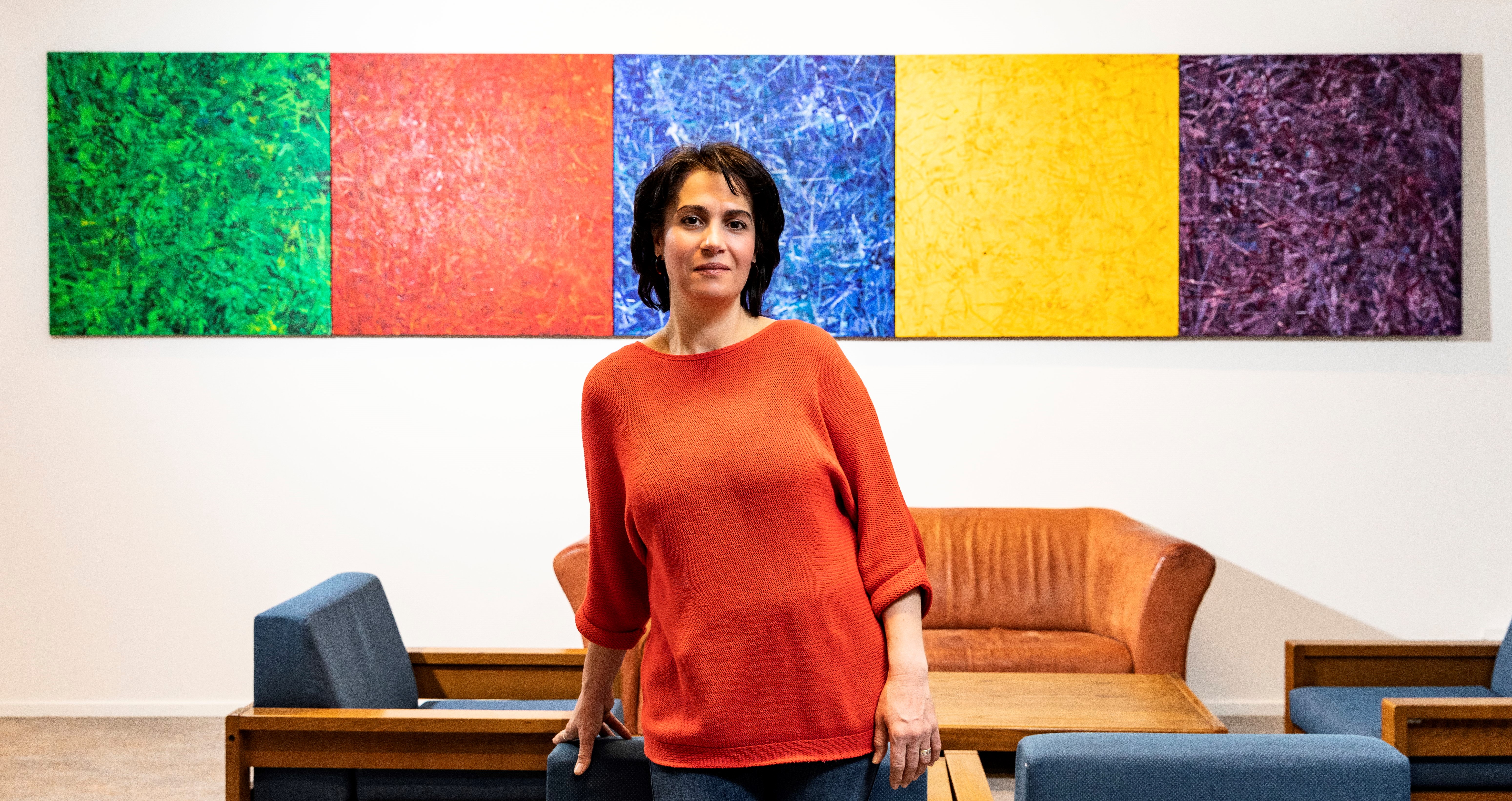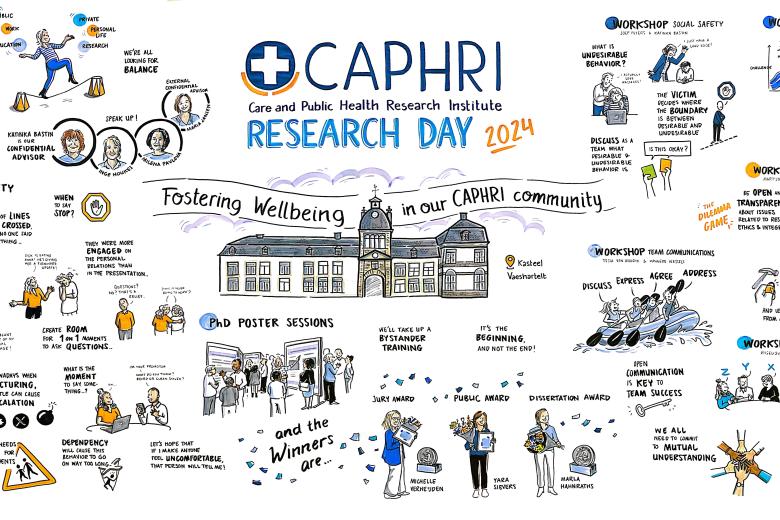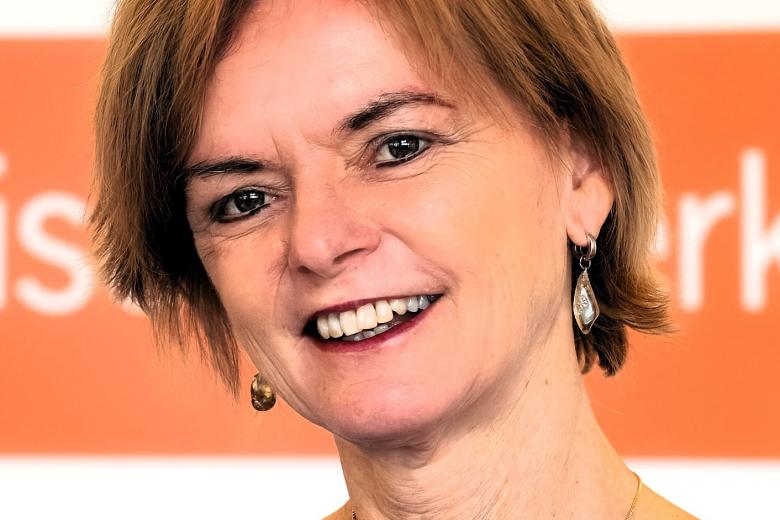Taking Europe’s temperature
For someone working on ProHealth65+, an EU-funded programme to promote health and prevent risks, Milena Pavlova is quite positive about our demographic crisis. The associate professor of Health Economics at Maastricht University concedes that population aging is a challenge but adds, “it’s definitely not a problem. Actually, we should be proud: it’s a massive achievement! We’re getting older because our health care is better than ever.”
Seven UM scientists shed light on the European state of affairs as part of our series Maastricht, reflecting on Europe.
While there is a discrepancy in life expectancy between rich and poor, most of the EU’s population do have access to health care. The European Commission might not have a say in how membership countries arrange health care but Pavlova thinks it has an important part to play: “That we have extensive health coverage in all European countries, rich or poor, is a question of values. And the EU promotes values such as social equity and solidarity.”
Healthy Europeans
The problem is the gap between life expectancy and healthy life years. Pavlova thinks there will never be a synchronised health care system across Europe, and that health promotion is the way forward. “To keep older workers healthy and participating in society, we have to make sure the healthy choice is the easiest and cheapest – the EU tobacco policy is a good example of this.” European countries get to compare approaches and outcomes.
Health is also one of the focal points in European research funding, which now prioritises medical research in particular. “I understand the focus on direct impact: here is a drug that cures people. However, the previous funding programme FP7 also made research like mine possible.” Health economists like Pavlova study whether drugs and services are cost effective, how fair access to them is, and how satisfied patients are.

Unhealthy Europe
Satisfaction? Questions of perception are crucial, also concerning the European project. “Citizens feel left out. I think this is one of the biggest problems the EU faces.” Research in the social sciences can provide evidence for policymaking and tools to monitor and respond to public opinion. Pavlova has researched informal out-of-pocket payments in Eastern European healthcare – and whether people desist from treatment as a result. The results were indeed debated at policy level in the respective countries.
Naturally, Pavlova advocates research-based policymaking, but she also stresses that efficiency and economic viability are not the only things that matter. “The EU definitely needs to be reformed to give citizens a voice. If people don’t feel heard, they will continue to turn to demagogues.” She thinks the EU must do a much better job at promoting itself by explaining the benefits of membership and taking citizens’ concerns seriously.
That means establishing better channels for interaction, from forums to surveys, but also channels for directly communicating what they are doing. “This is really important. Brussels is used as an excuse for implementing unpopular national policies. Voters don’t have direct contact and don’t feel involved in the policymaking process.” As a Bulgarian-Dutch citizen with family ties across Europe, she’s obviously positive about the EU and thinks it’s worth preserving.
EU not a panacea
“People back home are disappointed by the EU because the promises weren’t fulfilled overnight.” Pavlova thinks that Bulgaria has joined too early, that it was economically not ready and wasn’t afforded the possibility to develop. “At the same time, there were noticeable improvements, especially in public administration… More than anything it was very good socially: it made people proud, there was genuine joy.”
The EU is obviously not a panacea, but Pavlova thinks European countries need to stay united to remain significant on the world stage and to ensure economic growth and innovation. “It is great to see how much attention the EU elections have received.” Voter turnout was at its highest in 20 years with just over 50%. “People realize that their vote matters. Diversity in the European Parliament is also increasing, so discussion and compromise will be crucial.”
Pavlova thinks Europe’s shared values and history might be enough to save the European project – it certainly makes it worth trying. Above all else though, she appreciates the diversity. “I remember going on road trips across Europe with my family as a child and later as teenager: witnessing the landscape, architecture and languages change really impressed me – actually, it still does.”
Also read
-
Salzburg Maastricht University Seminar in Economic Evaluation in Healthcare - April 2025
From Sunday, April 13 to Saturday, April 19, 2025 the seminar ' Economic Evaluation in Healthcare’ will take place.

-
CAPHRI Day 2024 – Fostering Wellbeing in our CAPHRI Community
We are happy to have welcomed you on June 19th during our annual CAPHRI Research Day 2024 with the theme “Fostering Wellbeing in our CAPHRI Community”. We look back at yet another successful edition, where we got the chance to meet, interact, discuss, reflect and learn. Thank you for your presence...

-
New external confidential advisor for PhD candidates: Maria Jansen
As of February 1st, 2024, emeritus professor Maria Jansen has been appointed as an independent external confidant for PhD candidates at FHML/Maastricht UMC+.
